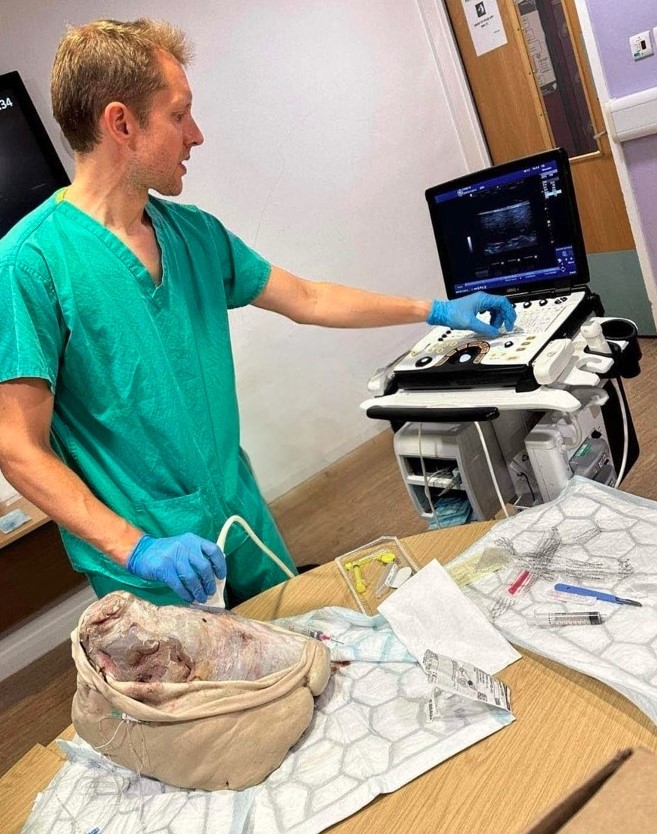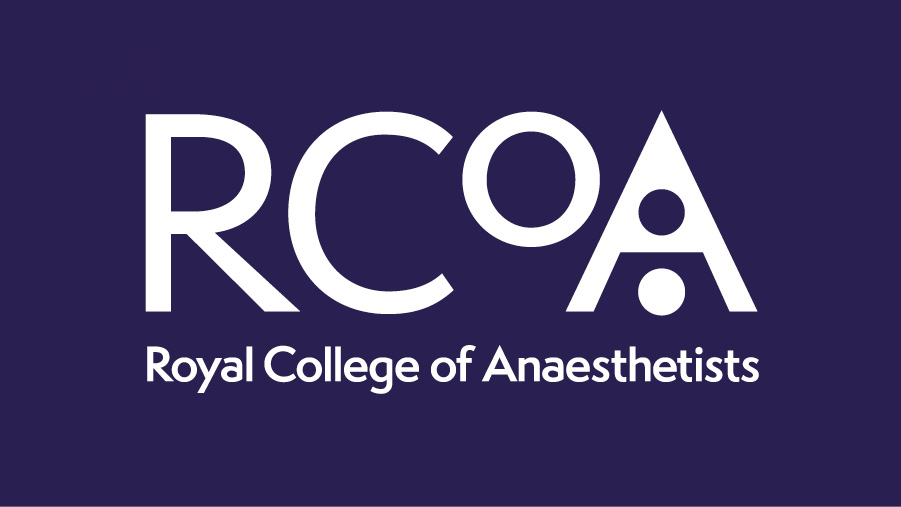Regional Anaesthesia for Trauma: Ultrasound-Guided Nerve Blocks Course
Regional blocks offers many characteristics of an ideal analgesic in trauma patients. Unique advantages include superior analgesia, increased alertness, patient cooperation, avoidance of opioid side effects and chronic pain protection. Although peripheral nerve block is generally safer in trauma patients, careful risk-benefit analysis must be used when considering RA techniques.
This comprehensive course has been tailored for both Anaesthesia and Emergency Medicine doctors. It focuses on practising how to perform safe and effective ultrasound-guided peripheral nerve blocks, perform and stabilise a nerve block catheter and discuss circumstances when RA is not an appropriate option in trauma settings. We provide a ‘faculty heavy’ course delivered by consultants experienced in teaching and providing regional anaesthesia for trauma. There will be a maximum of 3 delegates per station and plenty of hands-on scanning experience in addition to practising needling in cadaveric porcine models.
Who will benefit:
Pre-hospital, Anaesthesia and Emergency Medicine doctors
Venue:
DREEAM, A Floor, West Block, QMC Campus, Derby Road, Nottingham, NG7 2UH.
For more advice on how to find us, please view our find us page HERE.
Start and finish times:
08:30 – 16:30 (breaks built into the course timetable)
Refreshments:
Light lunch and refreshments provided.

What you will learn:
- Upper limb blocks
- Lower limb blocks
- Chest wall blocks
- Nerve & fascial plane catheter insertion on animal models
Previous Course Feedback
“Great teaching with very realistic scenarios to gain more confidence in skills that aren’t practices on a daily basis”
“Excellent course”
“Very good, very inclusive, good mix of skill levels”
“Great instructors”
“Excellent overall”
Course accredited by Royal College of Anaesthetists: 6 CPD Points

Timetable
Bespoke Course
If you wish to discuss a bespoke course to fit your specific needs, please email us at nuhnt.dreeam.business@nhs.net
Waiting List
If the date(s) below are not suitable for you, sign up to our waiting list here and be among the first to know when we confirm more dates.